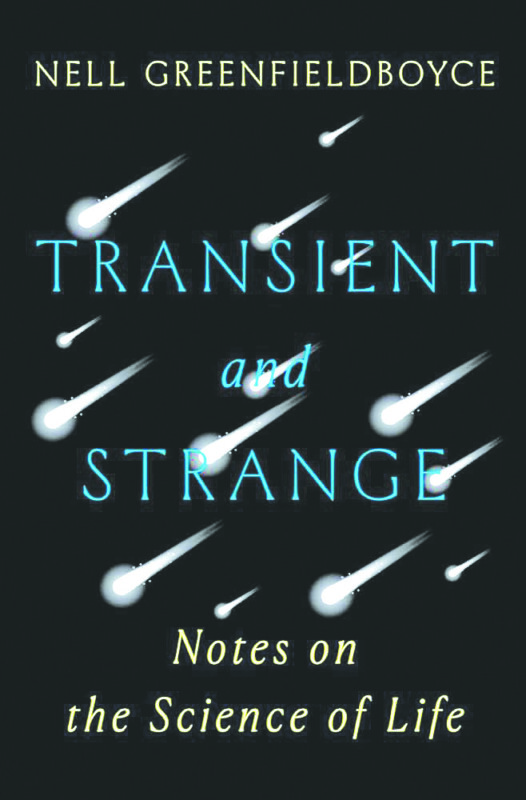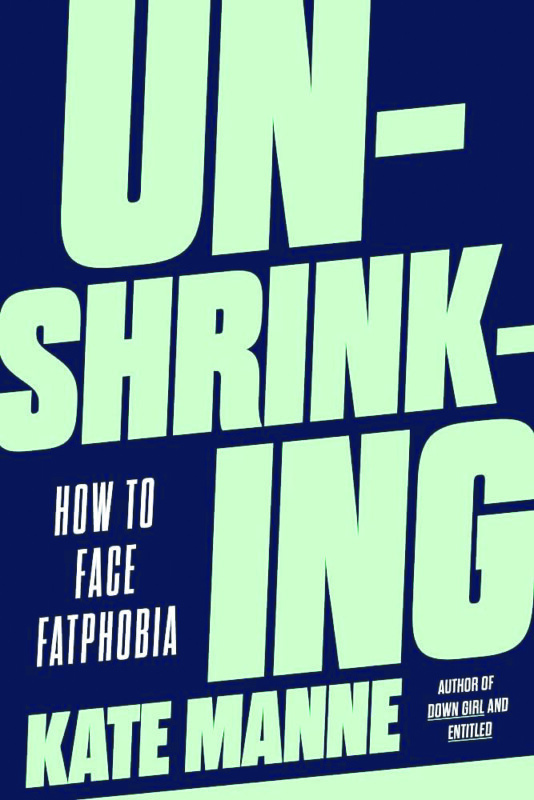Cool Food, by Robert Downey Jr. and Thomas Kostigen (Blackstone Publishing, 320 pages)
The actor Robert Downey Jr. was at a bookstore in London when he asked a clerk where to find the books on climate. The clerk’s reply: “Oh, the bummer section? It’s over there.”
When Downey later told this story to the writer Thomas Kostigen, with whom he was developing a TV show, Kostigen responded, “We need to do a food book and make it fun.”
An ordinary person not immersed in climate activism might wonder what climate and food have to do with one another. But the growing of food and the tending of animals that will become food are almost as large a part of this conversation as fossil fuel, because, well, carbon.
And to Downey and Kostigen, one way to combat a warmer planet is to eat cooler food — “cool” food is climate-friendly food, they say. And to promote it, they’re out with a bulky, hard-to-hold cookbook that doubles as a climate manual, irritatingly populated with cartoon-style sketches of themselves. Cool Food isn’t sure if it wants to be a cookbook, a graphic novel, a fourth-grade science book or a press release, and so there are elements of all four.
To be fair, I am a boomer, and not the target audience of this book — in fact, to climate change activists, my generation is the villain. And young readers of physical books prefer manga and graphic novels, recent studies have shown. So that concludes my grumbling about the physical presentation of the book, and we can move onto the actual content, which is — not terrible. Well, it’s also not great, but as Books Written By Celebrities With Co-Authors go, Cool Food is surprisingly useful at times. I learned things, things which you may already know, but somehow I did not: like what the numeric codes on produce at the grocery store tell us other than the price (five-digit codes that begin with 9 indicate the produce was organically grown and codes that begin with 8 indicate genetic modifications) and where I could buy jellyfish and how to cook one if I were inclined to eat one for dinner. (I am not.)
Also, I learned that in New Mexico there are Native American restaurants, and apparently nowhere else, and that 95 percent of yams are grown in Africa while most sweet potatoes in U.S. supermarkets were grown in North Carolina.
The first half of the book focuses on foods that the authors say are climate-friendly because of how they are harvested or grown: ancient grains, fruits, vegetables, sea vegetables (yes, they will tell you how to grow your own seaweed), nuts and, most important for New Hampshire residents, syrup, although the authors are shilling for Vermont syrup here.
Also this section of the book gave me a lot of new things to worry about that I’ve never known I should be worrying about, such as whether grain crops are seasonal or perennial. “When a seasonal crop is harvested, it loses all of its carbon intake and depletes the soil of 40 percent of its carbon content. All that carbon is released into the air, adding significantly to climate change,” the authors write.
We’re hearing a lot about regenerative agriculture these days, but a lot of the foodstuff mentioned here was unfamiliar to me: kernza flour, loquat fruit and pigeon pea shrubs. Nothing you find at your typical drive-thru. The recipes, accompanied by color photographs, run the gamut from intriguing (maple and chili glazed sweetcorn) to the bizarre (cashew stir-fry with puffed amaranth, which contains something called vegan fish sauce).
It was a relief to move on to the second section of the book, which contains no small amount of proselytizing about things like the farm-to-table movement, eating seasonally and organically, and cutting down on food waste. Not until the end does Cool Food address in any serious way whether all these foods are good for the human body — most of the talk is about what foods are good for the planet. When the authors finally give a nod to this, it’s in an effective takedown of the federal government’s dietary guidelines, once known as the food pyramid, now known as MyPlate. Well, actually, it’s Harvard University’s takedown, but they reprint it here in a chart that points out what the government says are healthy foods and ideal portions, and what Harvard nutritionists say. Let’s just say that there must be government lobbyists for potatoes and hot dogs.
The authors did not want to write a “bummer” climate book, and have largely succeeded at that. They have instead created an eating manual for climate worriers (which is pretty much all of us after this “winter”) and may struggle to find an audience outside of the most fervent activists and Robert Downey Jr. superfans. That said, the future is on their side; labeling that indicates the carbon footprint of foods — e.g., the amount of greenhouse gasses released in their production — is already cropping up on menus and food for sale. Those labels, Downey and Kestigen say, offer “the biggest promise for change.” But also, eat more jellyfish. C






